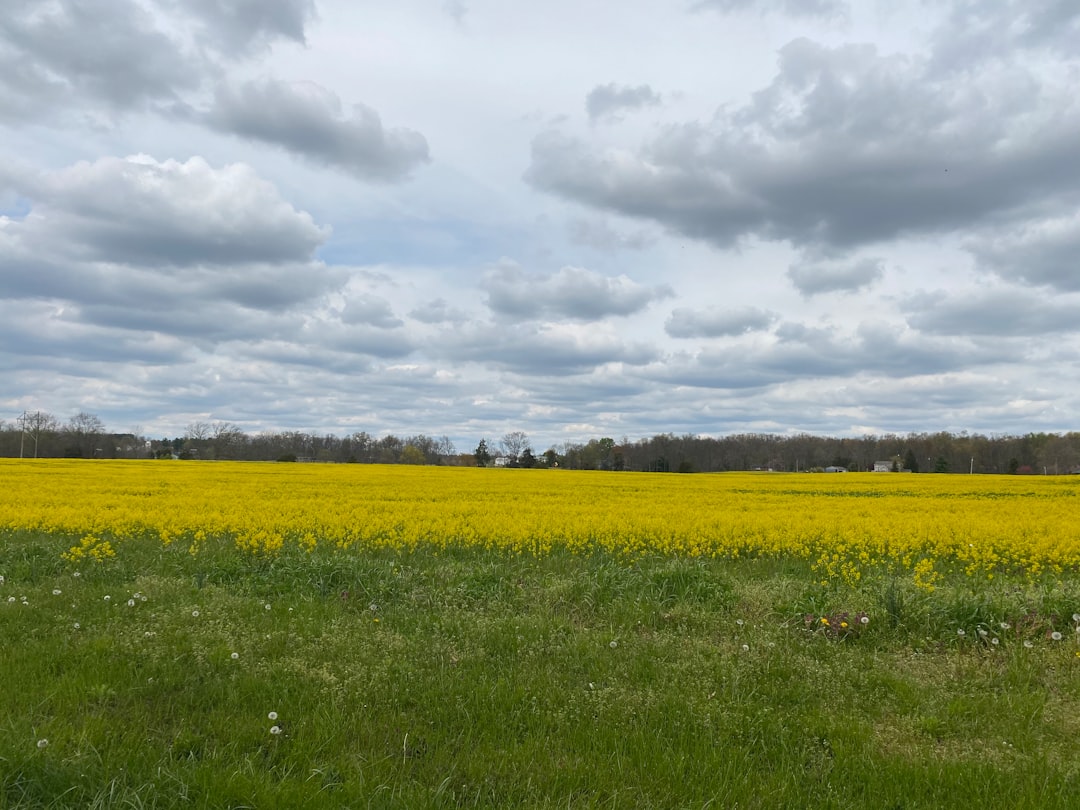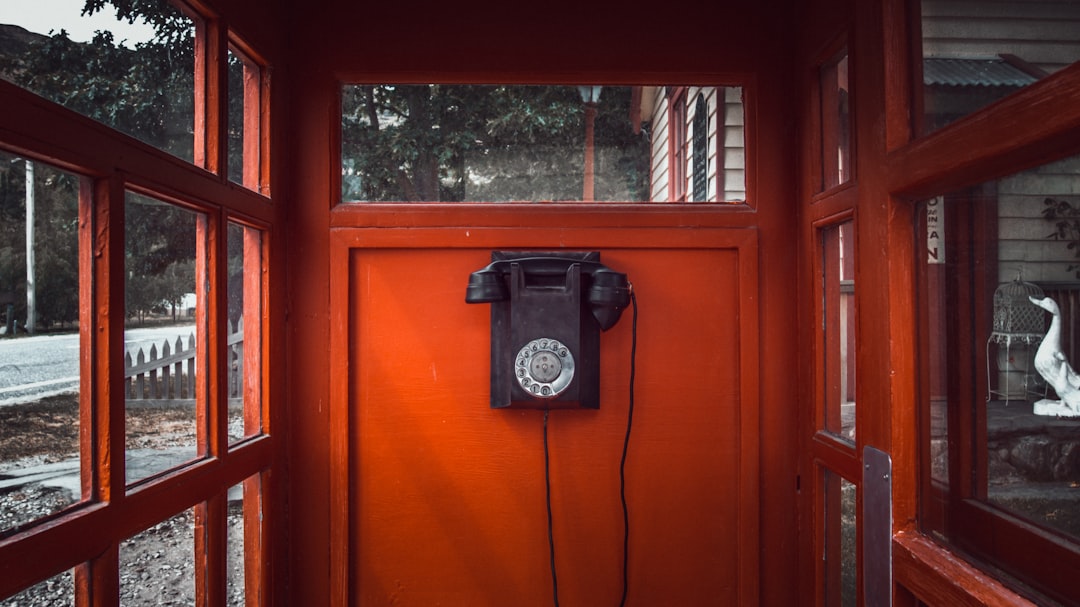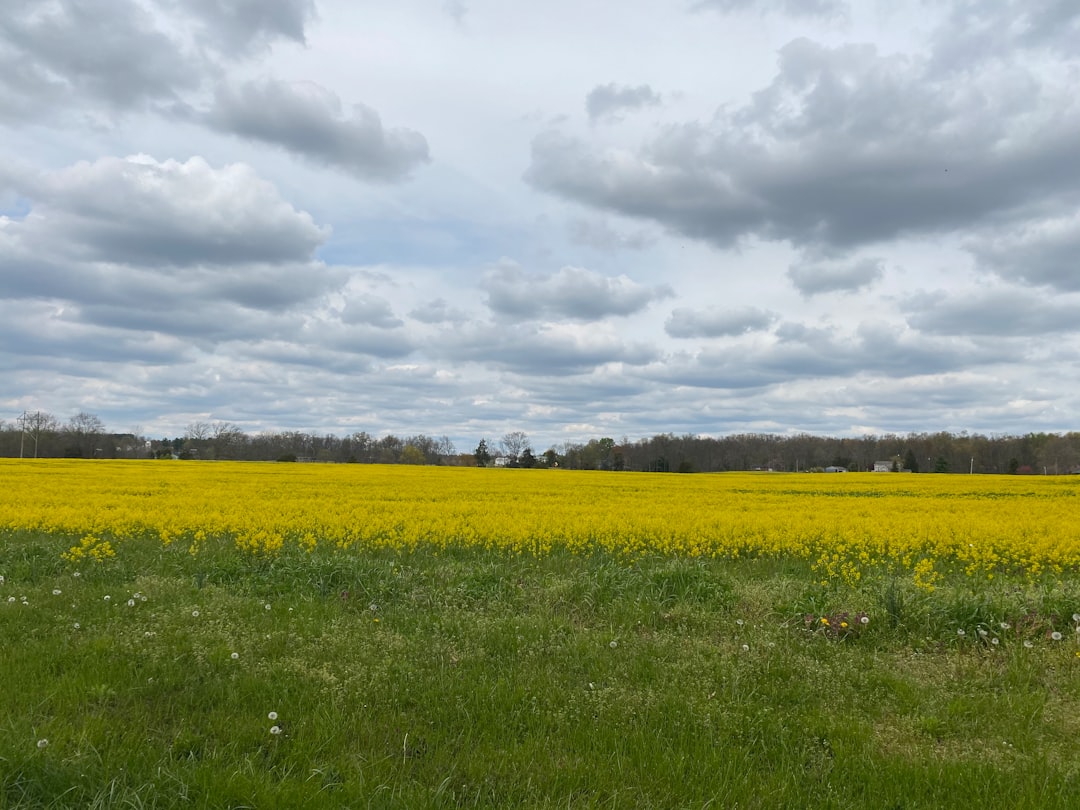Maryland strengthens anti-spam laws to protect residents from fraudulent calls, especially during natural disasters, targeting spam call law firms exploiting vulnerable populations. Residents are encouraged to report suspicious calls and stay vigilant against scams, with state-sponsored initiatives offering dedicated reporting tools. Collaborative efforts between law firms and regulatory bodies aim to develop stringent penalties for spammers, enhance vigilance, and minimize the impact of unwanted calls in challenging times. Businesses must prioritize transparency and compliance with Maryland's Spam Call Law to combat deceptive practices post-disasters.
Maryland takes a proactive stance against spam calls, especially during natural disasters. This comprehensive guide explores Maryland’s anti-spam laws and their crucial role in protecting residents from deceptive practices. We delve into strategies for identifying and reporting spam calls in emergency situations, highlighting the collaborative efforts of law firms and regulators. Furthermore, it offers best practices for businesses to avoid misleading post-disaster communications, ensuring a more secure and trustworthy environment for Maryland’s citizens.
Maryland's Anti-Spam Laws: Protecting Residents During Disasters
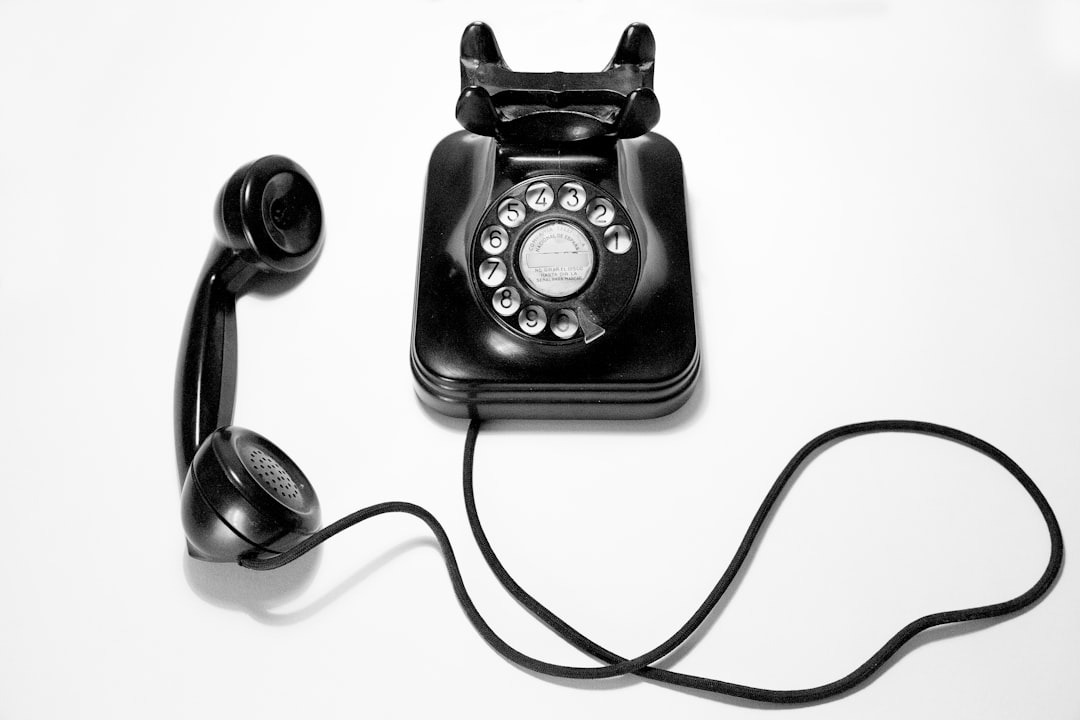
Maryland has implemented robust anti-spam laws aimed at protecting its residents, especially during times of natural disasters. These laws are designed to curb the influx of unwanted and fraudulent calls that often increase during crisis situations when people are already under significant stress. The state’s legislation targets both local and national spam call law firms that exploit vulnerable populations by making misleading or deceptive calls offering false hope or demanding immediate action.
By strengthening these regulations, Maryland ensures that residents can maintain a sense of security and peace of mind during disasters. The laws empower consumers to take action against unwanted callers, providing them with tools to report such incidents and seek legal recourse if necessary. This proactive approach reflects the state’s commitment to safeguarding its citizens, both in normal circumstances and when facing natural challenges.
Identifying and Reporting Spam Calls in Emergency Situations

In emergency situations, identifying and reporting spam calls becomes an essential task for Maryland residents. With natural disasters like hurricanes or floods, communication networks often become overwhelmed, making it easier for scammers to exploit vulnerable communities. Recognizing spam calls is crucial; these can include unexpected phone calls from unknown numbers offering false promises of aid or demanding immediate action. Maryland’s law firms and consumer protection agencies play a vital role in educating the public about such scams.
Encouraging residents to report spam calls during emergencies is a proactive step. Many state-sponsored initiatives provide dedicated lines or apps for reporting, ensuring that this information reaches relevant authorities promptly. By staying vigilant and adhering to local guidelines, Maryland folks can protect themselves from falling prey to malicious actors posing as emergency services or relief organizations.
Collaboration Between Law Firms and Regulators to Combat Spam
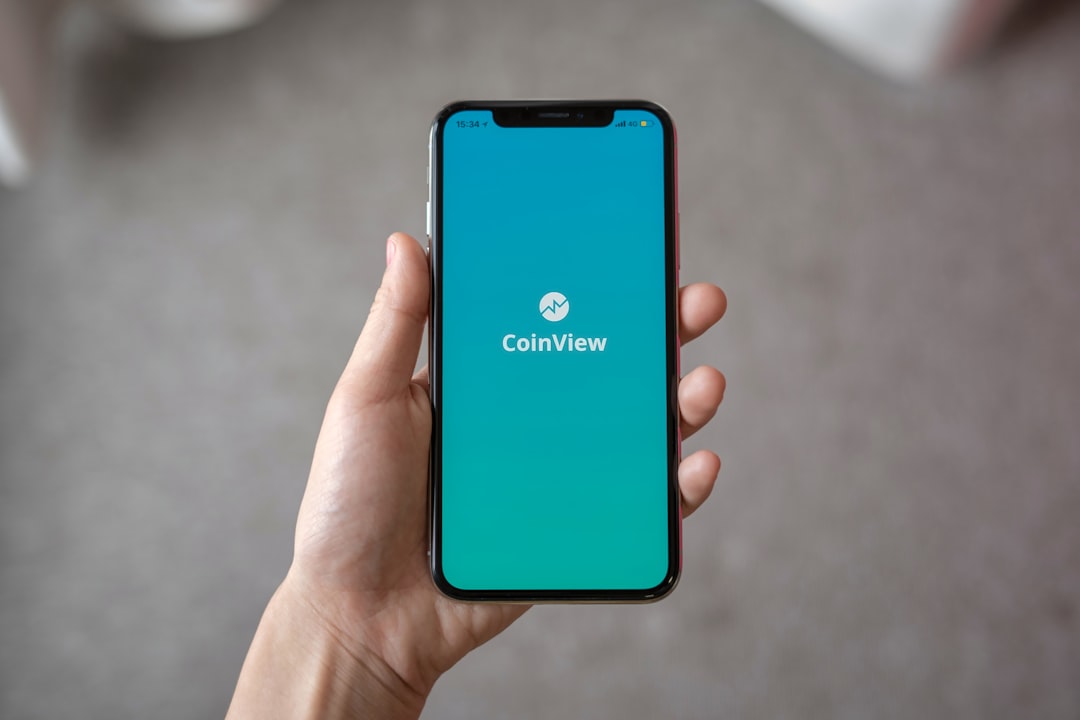
In an era where spam calls have become a persistent nuisance, Maryland has been making strides to combat this issue, especially during natural disasters when communication lines are already under strain. A significant aspect of these efforts involves the collaboration between law firms and regulatory bodies. By joining forces, they aim to establish robust legal frameworks that specifically target and penalize those engaged in spamming activities.
This partnership has led to increased vigilance and proactive measures. Law firms with expertise in consumer protection are working hand-in-hand with regulators to identify patterns and trends in spam calls, especially during crises. They organize workshops, share insights, and develop strategies to trace and disrupt spam networks. This collaborative approach promises a more comprehensive solution, ensuring that Maryland residents receive reliable information while mitigating the impact of unwanted spam calls during challenging times.
Best Practices for Businesses to Avoid Misleading Calls Post-Disaster

In the aftermath of natural disasters, Maryland residents face not only the challenges of recovery but also an increase in spam calls from law firms promising aid or seeking personal information. To combat this issue effectively, business owners and service providers must adopt best practices to avoid misleading post-disaster communications.
Firstly, clarity and transparency are paramount. Law firms should clearly communicate their intentions, services, and any potential costs upfront. Avoid vague or exaggerated claims that could mislead vulnerable individuals. Secondly, respect privacy and obtain consent before contacting affected areas. Utilizing robust opt-in mechanisms ensures residents choose to receive calls, fostering trust and mitigating frustration with spam. Lastly, stay informed about local regulations and the Maryland Spam Call Law to ensure compliance, thereby enhancing your reputation and contributing to a more supportive environment post-disaster.

